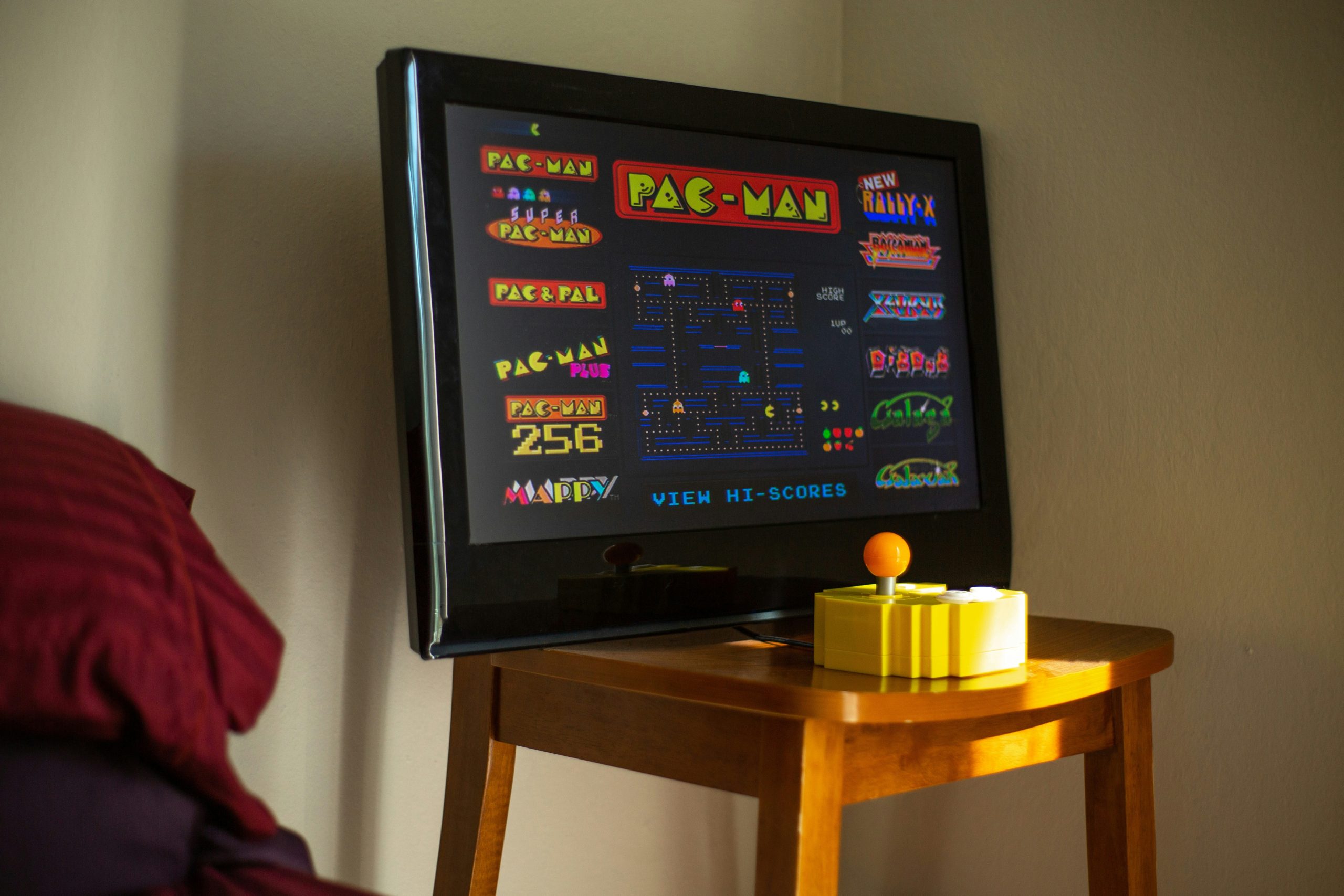There’s something timeless and deeply satisfying about playing games—not just as a way to pass time, but as a way to connect. Whether it’s a classic board game, a quick card game over coffee, or an intense digital co-op session, games become more engaging, more unpredictable, and often a lot funnier when shared with friends.
Shared Laughter, Real Moments
One of the biggest joys of playing games with friends is the shared experience. Winning and losing are just small parts of the bigger picture. It’s about inside jokes that emerge from unexpected moves, hilarious miscommunications during a team challenge, or friendly rivalries that keep resurfacing game after game.
Take a casual round of charades or Pictionary at a dinner party. The real fun comes from wild guesses and over-the-top gestures—not the final score. Or think of a local pub quiz night where the true reward is the collective brainpower (and perhaps a bit of friendly bickering) over obscure trivia, not necessarily the prize at the end.
Stronger Connections Through Play
Playing games together strengthens relationships. It encourages conversation, cooperation, and understanding. In team-based games, you have to rely on each other’s strengths and communicate effectively. In competitive settings, you learn to balance ambition with good sportsmanship and a sense of humour.
During travel, a deck of cards or a compact game like Dobble or Uno can break the ice with new people at hostels or trains. Language barriers fade when laughter and competition enter the mix.
Board games like Catan, Ticket to Ride, or Dixit have become social staples across Europe. They’re perfect for gathering a group, putting phones away, and enjoying a few hours of focused, face-to-face fun.
The Digital World of Multiplayer
Of course, not all games require a table and a physical presence. Online multiplayer games—whether it’s cooperative titles like Overcooked, strategy games like Civilization, or casual party games like Jackbox—offer a digital playground to stay connected even when friends are far away.
Voice chats, shared screens, and even watching each other’s gameplay have become common weekend rituals. These virtual sessions are not just about gaming; they’re a form of hanging out, a replacement for café meetups when geography gets in the way.
Inclusive and Adaptable
Another advantage of multiplayer games is their adaptability. There are games for every group dynamic—introverts and extroverts, hardcore strategists and casual players, adults and children alike. Cooperative games reduce pressure and focus on shared goals, while party games lower the entry barrier and get everyone involved regardless of experience.
Inclusivity also matters. Many modern games offer accessibility settings and language options, making it easier for diverse groups to play together.
Final Thought
In the end, games played together aren’t just about the game—they’re about the people. The stories you create, the traditions you build, and the joy of simply spending time in a shared activity make all the difference. Whether it’s a rainy evening with close friends, a sunny afternoon at a local park, or a late-night online match, playing together turns ordinary moments into lasting memories.
So the next time you pick up a game, invite a few friends. Because the best games aren’t just the ones you win—they’re the ones you laugh through together.
This Article Was Generated By AI.




